F1 2026: Mercedes ICE ahead of the competition
The major regulatory change set to take effect in Formula 1 in 2026 is already highlighting certain teams over others. According to rumors, F1 Mercedes is ahead of its competitors thanks to the power development of its internal combustion engine. Less powerful than the V6 units used in 2025, it will ensure superior efficiency and better integration with the hybrid system.
Reports describe a power unit optimized in every aspect, capable of making the most of the energy recovered by the MGU-K and providing a smoother and more responsive driving experience. Looking closer at the situation, it emerges that Mercedes is focusing not only on pure power, but also on intelligent energy management, reduced consumption, and an optimal balance between the internal combustion engine and the electric component. Features that could make a difference in the 2026 races.
Same F1 V6 engines but less power from the ICE
With the arrival of the 2026 season, F1 is preparing for a radical transformation of its hybrid engines. The 1.6-liter turbocharged V6s will remain the heart of the cars. Power will drop slightly to around 400 kW, marking a more refined balance between performance and energy management.
Mercedes has already chosen the driver lineup for 2026 Mercedes: Russell renews, but Wolff still dreams of Verstappen
The big novelty will be the hybrid system. The MGU-H, which recovered energy from the exhaust heat, will disappear, while the MGU-K, which converts kinetic energy into electricity, will see a significant increase in power up to 350 kW. The result is an almost perfect balance between the internal combustion engine and the electric motor. This will allow drivers to make the most of every bit of available energy on track.
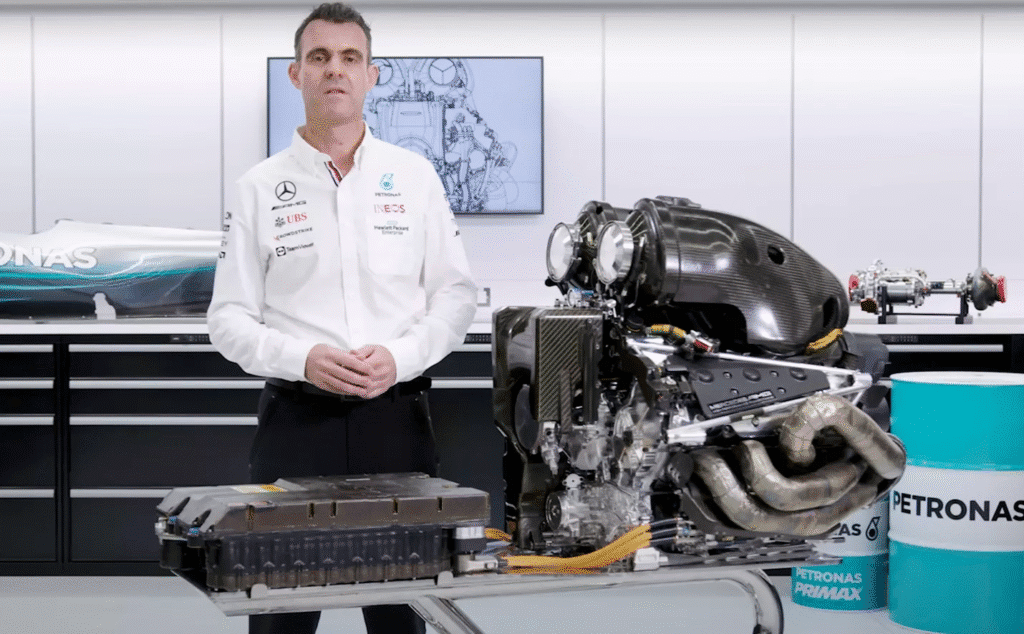
Batteries will also evolve: larger and more powerful, they will be able to manage the additional energy supplied by the MGU-K. Energy recovery will be limited to 9 MJ per lap, optimizing efficiency without compromising the spectacle.
From a sustainability perspective, Formula 1 takes a significant step forward. The fuel used will be fully sustainable, using advanced combustion technologies such as pre-chamber ignition and high-performance biofuels. This is not only about environmental respect, but also a way to improve engine performance while maintaining competitiveness at the highest level.
Mercedes, is history repeating itself like in 2014?
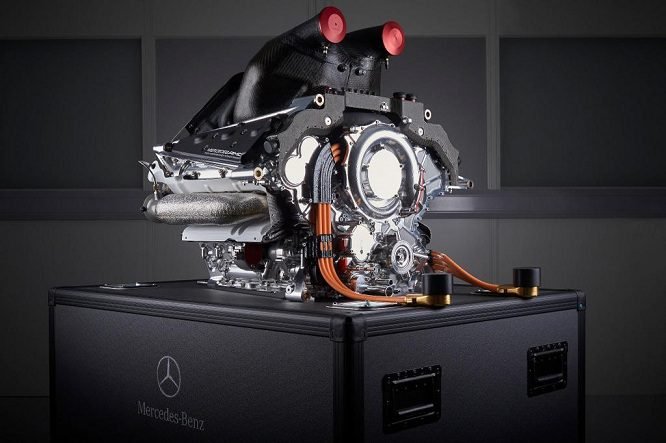
According to Motorsport.com, the thermal component of Mercedes’ engine appears to have a significant power advantage over all others. In Stuttgart, they reportedly managed to extract 571 horsepower from the 6-cylinder unit. This would be an output of about 360 hp per liter, which would then combine with around 450 hp from the electric component.
This could once again give Mercedes a substantial technical advantage, as was the case from 2014 onwards when the hybrid system was first introduced in F1. The German team thus confirms itself as a cutting-edge reality in experimentation and development from scratch, a technological advantage that, behind the scenes, could attract sponsors for the upcoming season.
Whether this is reality or not will only become clear during the first races of 2026. But confidence in Stuttgart regarding the future is high. And, as often happens in the world of F1, there is almost always a kernel of truth behind every new rumor.
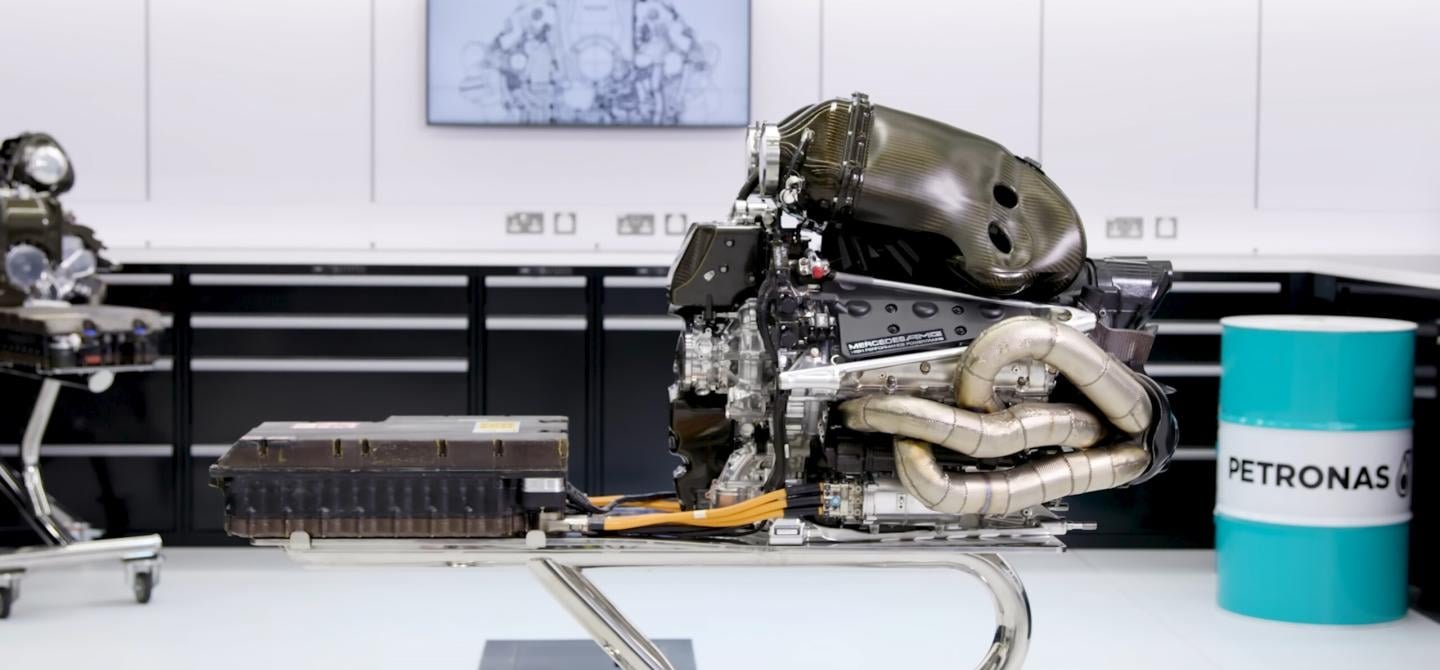


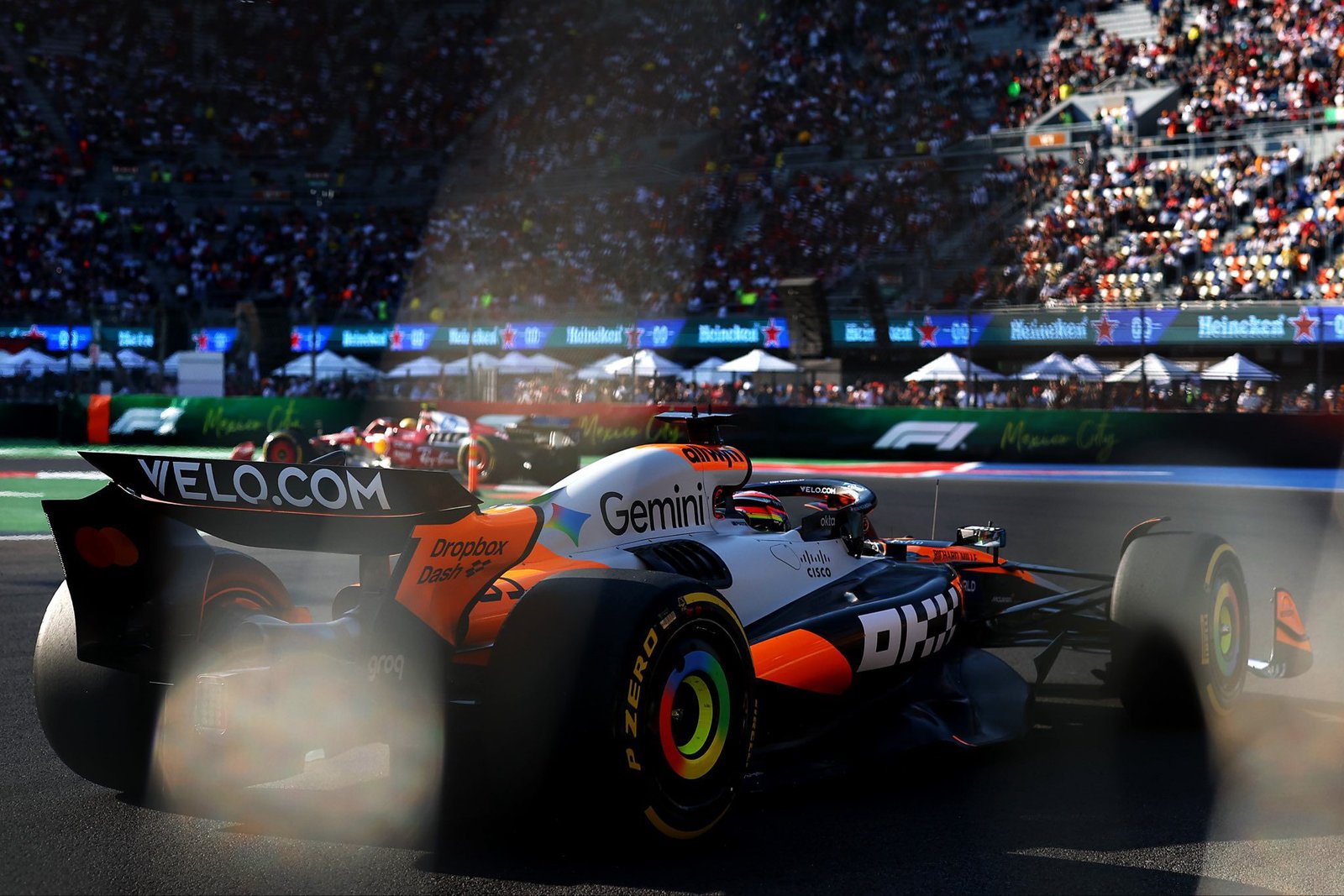
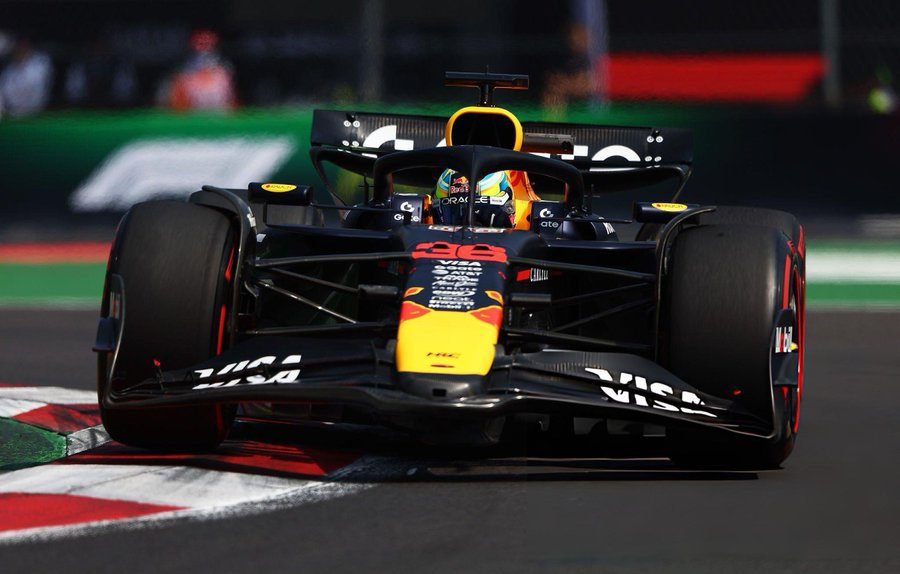





Post Comment